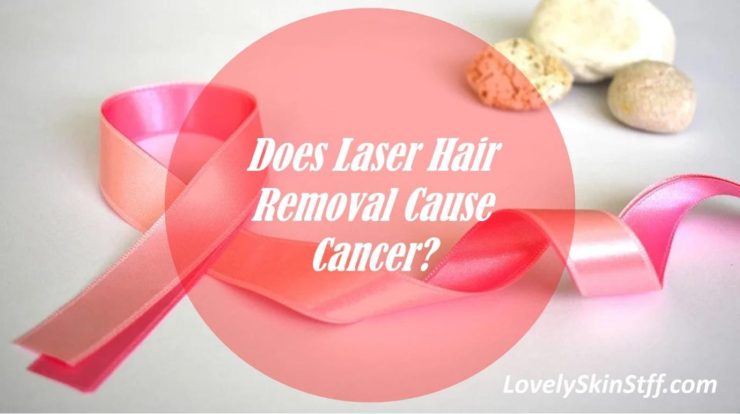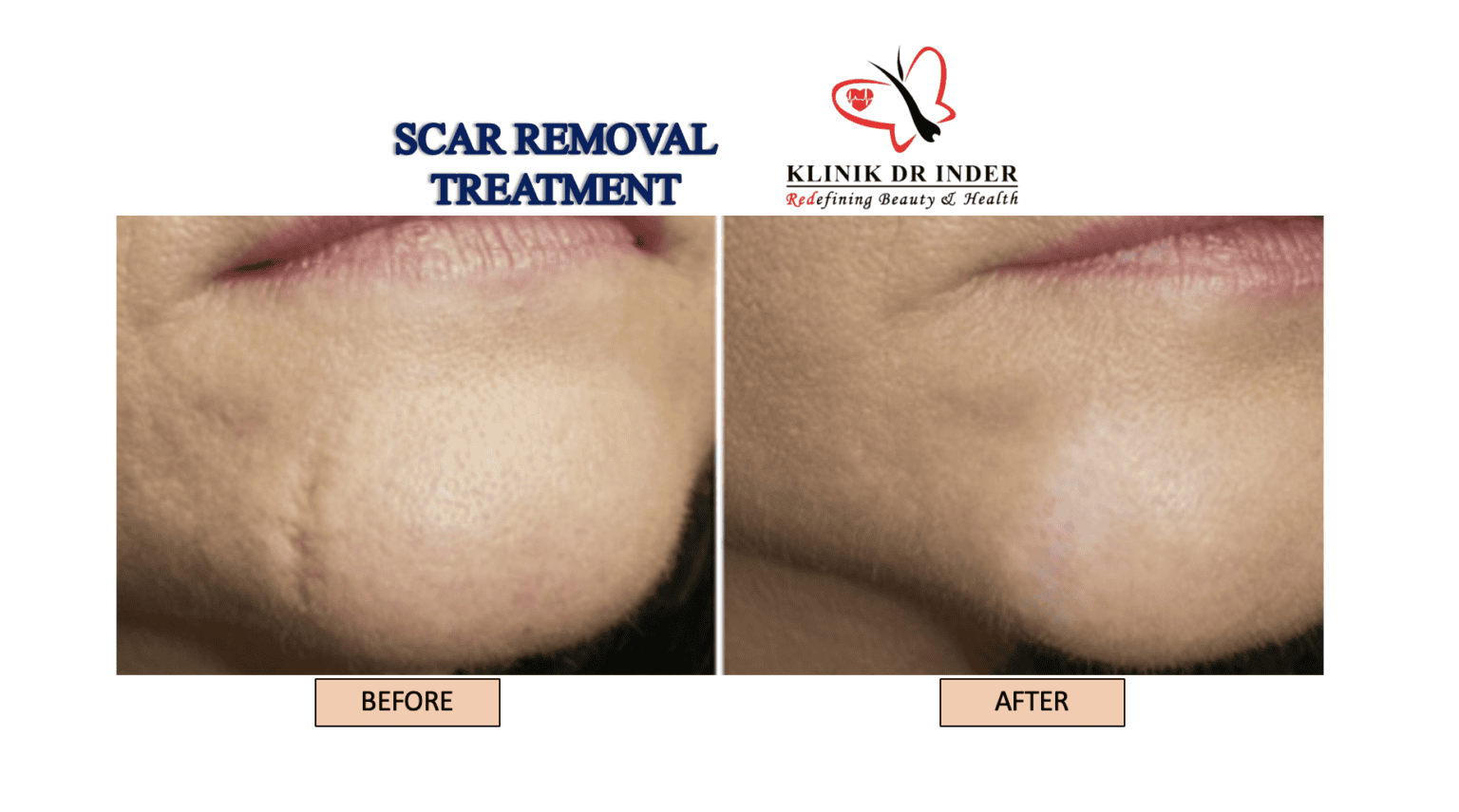Table Of Content

But there are no large studies comparing how effective these devices are compared with laser hair removal done at a doctor's office. Laser hair removal is a medical procedure that uses a concentrated beam of light (laser) to remove unwanted hair. Mellemkjaer and Lindelof together concluded that burn injuries did not increase the likelihood of developing malignant forms of skin cancer.
Laser hair removal is fine for those without a history of skin cancer
Typically, patients require between six and eight treatments to achieve optimal results, with treatments spaced six to eight weeks apart. The interval between treatments will vary depending on the location. On areas where hair grows quickly, such as the upper lip, the treatment might be repeated in four to eight weeks.
Safety Measures During Laser Hair Removal Sessions
While some minimal DNA damage may occur, it is easily repaired by the body's natural mechanisms. The overall risk of developing skin cancer as a result of laser hair removal is extremely low and is considered negligible compared to other common causes of skin cancer. In conclusion, the available scientific evidence and research suggest that there is no significant link between laser hair removal and skin cancer.
Is laser hair removal safe for pregnant women?
Consulting with a dermatologist is recommended to assess individual risk factors and determine the best hair removal method based on personal circumstances. To understand whether this concern is valid, it is important to first understand how laser hair removal works. Laser hair removal involves targeting the hair follicles with concentrated beams of light. The light is absorbed by the pigment in the hair, which then heats up and damages the follicle, inhibiting future hair growth. It’s essential to choose a reputable clinic or provider for laser hair removal and to follow pre-treatment and post-treatment care instructions to minimize any potential side effects. It is important to choose a reputable provider with experience in laser hair removal and to take the time to prepare for the procedure by following any pre-treatment instructions provided by the provider.
Does IPL Laser Hair Removal Cause Cancer
In this video, board-certified dermatologist Dr. Carolyn Jacob separates fact from fiction. A dermatologist is a medical doctor who specializes in treating the skin, hair, and nails. Shave the area that will be treated two to three days before a treatment. Laser hair removal treatments won’t work on areas where the hair is longer than a grain of rice.

Can Laser Hair Removal Cause Skin Cancer?
Generally speaking, light-based treatments may aid quicker diagnosis of melanoma due to informed consultations with trained personnel during medical clinic or salon-based treatments. Brazilian laser hair removal gets rid of all the hair from your bikini zone, like a Brazilian wax would, but in a more permanent way. If you have light skin and dark hair, you will likely see good results from laser hair removal that can last much longer than other hair removal methods. Laser hair removal is one of the most commonly done cosmetic procedures in the U.S. You may want laser hair treatments for excessive hair that has grown during your pregnancy. Common areas of increased hair growth include the breasts and stomach.
A practitioner may apply a cooling device to a person’s skin just before the laser is used. Both the person receiving the treatment and the practitioner should wear protective eye equipment to help prevent injury while the procedure is carried out. Irritation should ease after the initial reaction, usually within a few hours of the treatment.
Laser hair removal puts you at cancer risk - The Indian Express
Laser hair removal puts you at cancer risk.
Posted: Sun, 17 Jul 2016 07:00:00 GMT [source]
Laser hair removal is also clinically tested and FDA-approved to permanently reduce hair growth. Furthermore, the process of laser hair removal is carried out by trained professionals who adhere to strict safety protocols. They use specific wavelengths of light that target the pigment in the hair follicles, minimizing the risk of damage to the surrounding skin. The procedure is generally considered safe when performed by qualified practitioners in appropriate settings. Although laser hair removal effectively delays hair growth for long periods, it usually doesn't result in permanent hair removal. Multiple laser hair removal treatments are needed for initial hair removal, and maintenance treatments might be needed as well.
Repeated exposures to high-intensity IPL light, the example quoted being 52 treatments over 6 months, did not result in increased carcinogenicity or tumour formation. Dr. Nicole Schrader, a board-certified plastic surgeon, exemplifies this expertise. Specializing in facial treatments, Dr. Schrader brings years of experience and a deep understanding of IPL technology to each session. By choosing a skilled professional like Dr. Schrader, patients can expect an effective, risk-free hair removal experience.
Since the introduction of IPL devices, wavelengths below 400 nm have, in the vast majority of cases, been filtered out. Additional filters are used in the optical path to remove wavelengths from 380 nm to the desired cut-off wavelength, usually between 500 and 600 nm depending on the system and application. Wavelengths between 400 and 500 nm have been utilised in IPL devices, most commonly for the treatment of acne and psoriasis, that target the absorption band of porphyrin in the 400–420-nm region. Twenty-five years ago, mothers were concerned that the first laser treatments for port wine stain birthmarks would cause cancer later in life; this has now been dismissed. Overall, laser hair removal is safe and effective for most people. As a precaution, you shouldn’t get the procedure done near your eyes or during pregnancy.

In this article, we will explore whether there are any specific factors or conditions that may increase the risk of skin cancer after undergoing laser hair removal. In addition to these scientific studies, it is also important to consider the experiences and testimonials of individuals who have undergone laser hair removal. Many people have safely undergone this procedure without experiencing any adverse effects such as skin cancer. It is crucial to consider the millions of successful treatments performed worldwide, and the overwhelmingly positive outcomes reported by patients. If you have a darker skin tone or lighter hair color, it is important to discuss the potential risks and limitations of laser hair removal with your provider prior to undergoing the procedure.
After finishing the treatments, most patients do not see any hair on the treated skin for several months or even years. It is crucial to take precautions to minimize the risk of skin cancer, whether or not you have undergone laser hair removal. These precautions include wearing sunscreen with a high sun protection factor (SPF), seeking shade during peak sun hours, wearing protective clothing, and getting regular skin check-ups with a dermatologist. To begin, it is essential to understand the science behind laser hair removal and its impact on the skin. Laser hair removal involves the use of laser technology to target and destroy hair follicles, preventing hair regrowth. The laser emits concentrated light energy that is absorbed by the pigment in the hair follicle, damaging its structure and inhibiting further growth.
Then, they will determine the best course of treatment and provide you with a cost for treatment. Some people may experience minor side effects after treatment, such as redness, swelling, and irritation and can usually treat these at home. Anyone who notices the signs of a skin infection should see a doctor. Again, there is no evidence that laser hair removal causes infertility. The lasers only penetrate the skin and do not reach or affect any other organs.
However, in most cases, these hairs fall out on their own, so you may not need any medical treatments if you wait until after your pregnancy has ended. According to the Cleveland Clinic, these IPL and other devices do work to remove unwanted hair, but it often takes many sessions, and the results are rarely permanent. IPL devices are generally safe, and they have been approved by the FDA for hair removal. Ibrahimi adds that if you remove the spot's pigment, it might make the cancer too hard to see until it's too late. Luckily for O'Connell, she declined the laser treatment and showed the spot to her dermatologist who ultimately performed surgery to remove it. Based on the current evidence, laser hair removal does not cause cancer.
Avoid sun exposure before and after treatment to reduce the risk of pigmentation changes. Breast cancer is a complex disease with numerous risk factors, including genetics, hormonal influences, lifestyle factors, and family history. While maintaining overall health and well-being is important for reducing the risk of cancer, there is no established link between laser hair removal in the underarm area and the development of breast cancer.

No comments:
Post a Comment